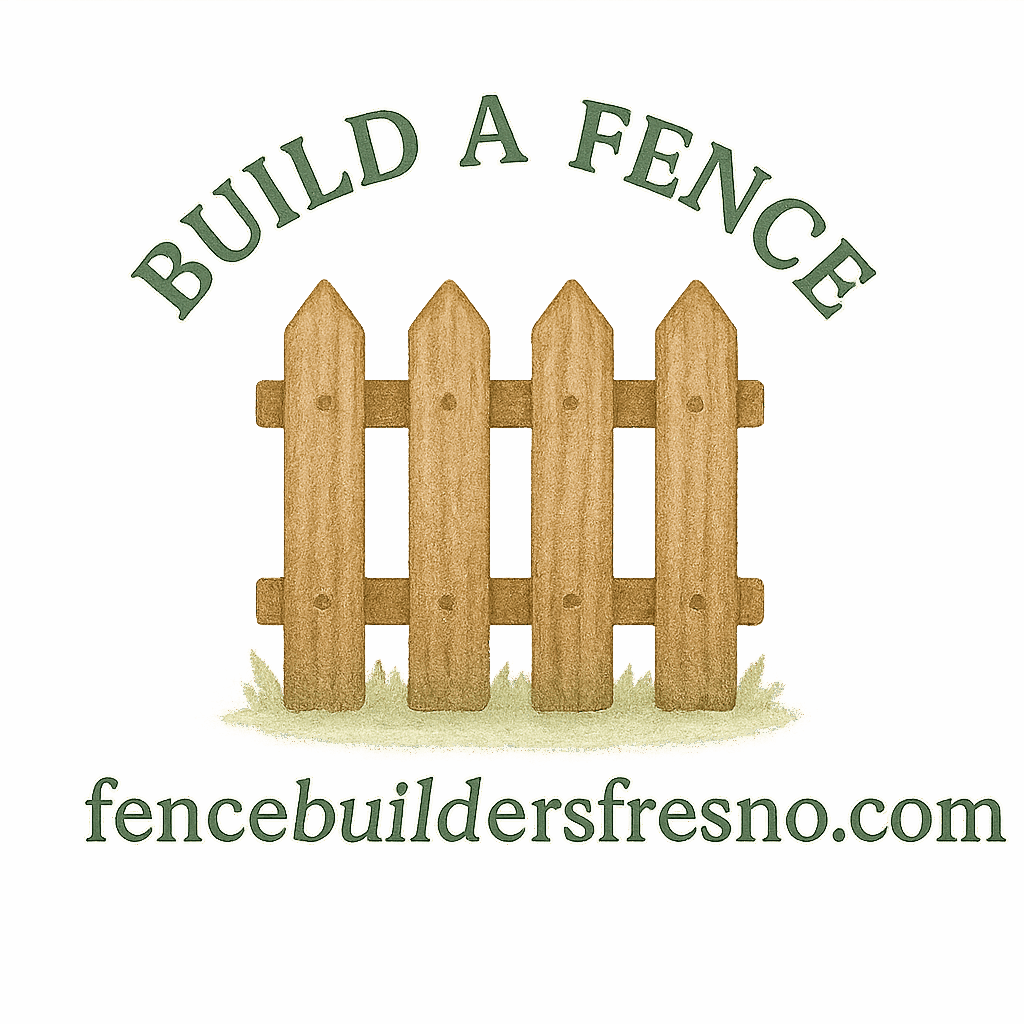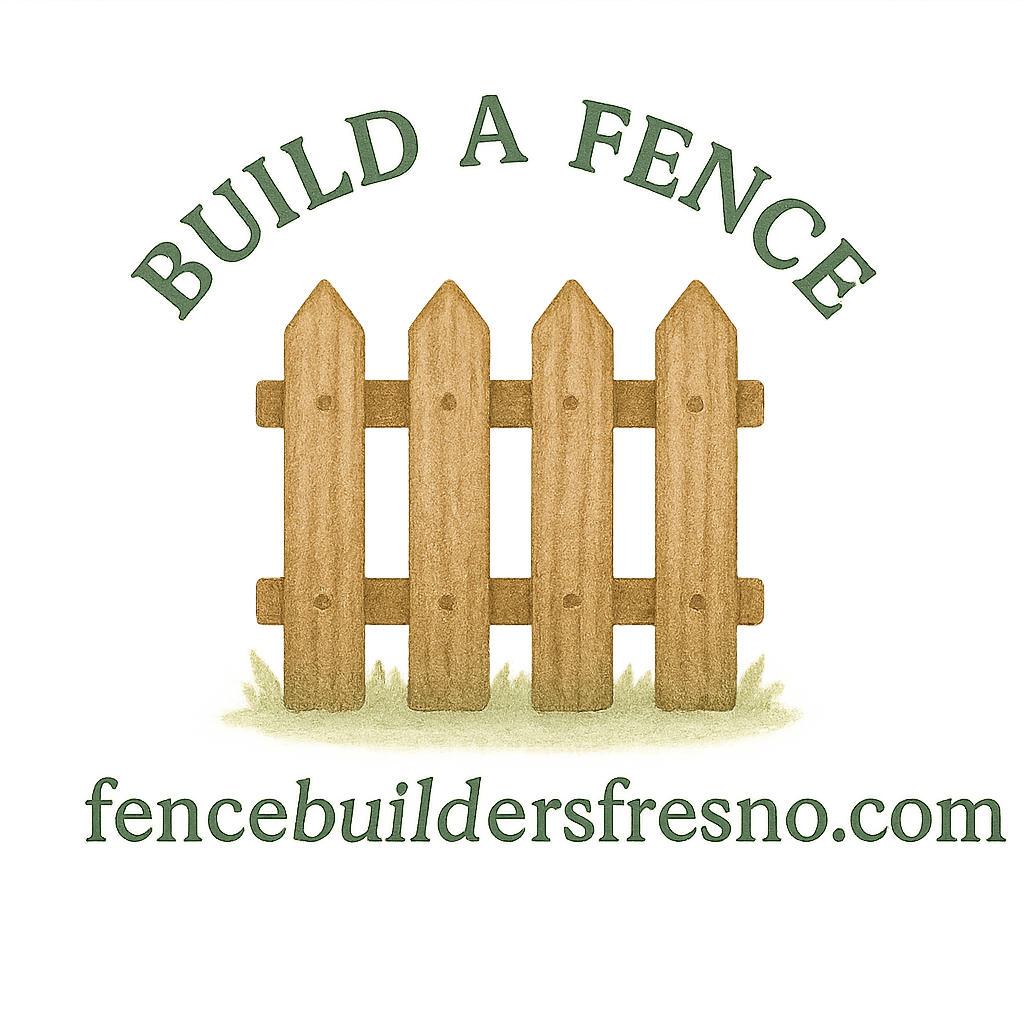Building a fence sounds pretty straightforward, right? Dig a few holes, set some posts, and you’re good to go. Well, not so fast. Before you start hammering away, it’s essential to check what permits you might need. Skipping this step could land you in legal trouble—or even force you to tear your brand-new fence down.
Let’s break down the 6 most common permits you might need before installing a fence around your home.
Understanding Fence Permits
A fence permit is official permission from your city, county, or neighborhood authority to build a fence. These permits help ensure the structure meets safety, zoning, and aesthetic guidelines. Not all fences need one, but many do.
Visit our Fence Building Basics guide to learn the essentials before jumping into permits.
Why Permits Matter for Fencing Projects
Permits might seem like a bureaucratic hassle, but they serve a purpose. They protect your rights, your neighbors, and ensure your fence won’t cause future issues.
Ignoring them? You could face fines, complaints, and legal headaches. Trust us—it’s not worth the risk.
Common Fence Permit Requirements
Here’s where the rubber meets the road. Let’s look at the six permits you might need and what each involves.
1. Zoning Permit
What It Covers
Zoning permits ensure that your fence adheres to local zoning laws, which vary by city and even by neighborhood. These rules dictate fence height, placement, and visibility.
When You Need It
Planning a front yard fence? You’ll likely need a zoning permit to avoid obstructing sightlines or violating setback rules.
If you’re unsure where your property begins or ends, visit our section on property lines for clarity.
2. Building Permit
Structural Considerations
If your fence is over a certain height (typically 6 feet), you may need a building permit. This ensures the structure is safe, especially in areas prone to wind or heavy snow.
Design Limitations
Some materials or fence types may be prohibited in residential zones. Check with your local authority or review our fence types comparisons for approved styles.
3. HOA (Homeowners Association) Approval
Design and Uniformity
Living in a community governed by an HOA? You’ll probably need their blessing too. Many HOAs enforce strict rules about the style, height, and color of fences.
Navigating HOA Guidelines
Don’t fight it—work with them. Submit a detailed plan and perhaps include visuals. For decorative fencing ideas that can win them over, check out our decorative fence gallery.

4. Utility Clearance or Dig Permit
Underground Safety First
Planning to dig post holes? You must check for underground utility lines. This is a safety requirement and non-negotiable in most jurisdictions.
811 Call Before You Dig
Dial 811 or use your local dig alert system to schedule a utility mark-out. For tips on DIY fence projects, we explain this process in greater detail.
5. Easement Approval
Shared Land Concerns
An easement is a portion of your land another party has rights to use—like a utility company. You can’t block it with a fence unless they approve it.
How to Handle Easement Conflicts
If you’re worried about running into issues, consult your deed or property survey. For legal insights, explore our post on legal property considerations.
6. Environmental or Historical Zone Permits
Special Zones, Special Rules
Fencing near wetlands, forests, or historic areas? You might need a special permit from local or federal environmental agencies.
Local Government Involvement
These permits can take longer to process, so start early. If your property is near any protected zone, check out the legal fencing section for detailed advice.
How to Apply for Fence Permits
Start by contacting your local zoning or building department. Many cities now allow you to apply online. You’ll typically need:
- Property survey or plot plan
- Fence design and dimensions
- Contractor information (if hiring)
Learn how to build a fence the right way with our detailed walkthroughs.
Legal & Property Line Considerations
Avoiding Fence Encroachment
Build over your property line, and you might find yourself in a fence encroachment dispute. Always double-check your survey and use professional markers if needed.
Solving Boundary Disputes
Neighbors not happy? Try mediation before lawyering up. Our legal dispute page covers how to handle these situations with tact.
DIY vs. Professional Installation
DIY fence builds can be fun and budget-friendly—but complicated when permits are involved. Professionals can navigate the red tape for you.
Looking for a balance between effort and ease? Consider hiring experts through Fence Builders Fresno to handle it all.
Tips for a Smooth Permit Process
- Start Early: Permits can take time.
- Be Precise: Provide accurate measurements and drawings.
- Stay in the Loop: Follow up with the city if delays occur.
- Document Everything: Keep emails, forms, and approvals.
Explore our fence installation tips for stress-free setup.
Fence Maintenance After Building
Once your fence is up, the job’s not over. Regular care keeps it looking great and avoids future legal issues.
Check out our fence maintenance and repair section and wood fence care for expert upkeep advice.
Looking for a low-hassle option? Try materials highlighted in our low maintenance section.
Conclusion
Permits might seem like a speed bump in your fencing project, but they’re really your best friend. They protect your investment, your property lines, and your peace of mind. Whether it’s zoning, building, or HOA approval, knowing what to expect will save you major headaches.
Before you pick up that post-hole digger, take time to learn what permits you need. Then, build the fence that’s right for you—legally and beautifully.
FAQs
1. Do I always need a permit to build a fence?
Not always, but it’s best to check with your local city or county to avoid issues.
2. What happens if I build a fence without a permit?
You could face fines, be forced to remove it, or get into legal trouble.
3. Who marks the utility lines before I dig?
Call 811, and your local utility companies will mark underground lines for free.
4. Can I build on an easement?
Only if you get approval. Otherwise, it could be removed at your expense.
5. Does the type of fence affect permits?
Yes! Check our vinyl fence and durable fencing guides for specific info.
6. What if I have a boundary dispute with my neighbor?
Try resolving it peacefully. If that doesn’t work, refer to property rights or seek legal help.
7. Are there extra rules for historic neighborhoods?
Yes. Visit fence guide to learn more about special zoning and appearance rules.


